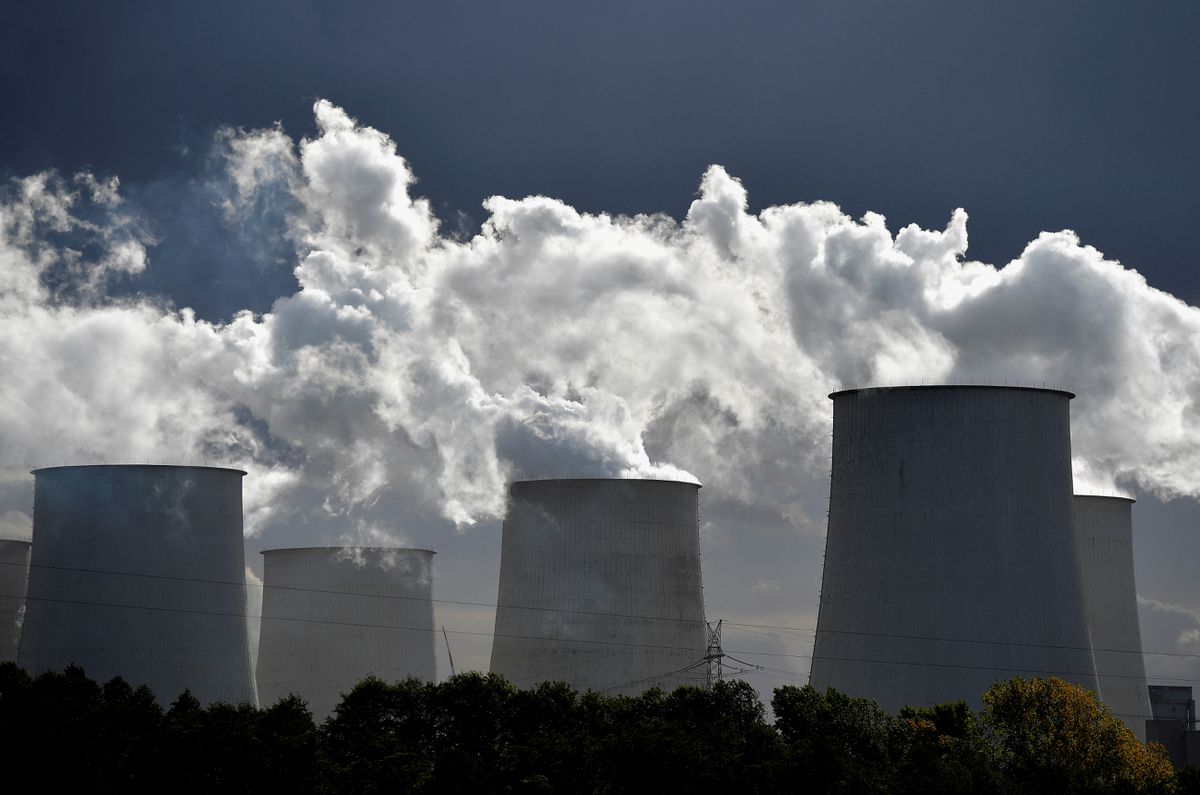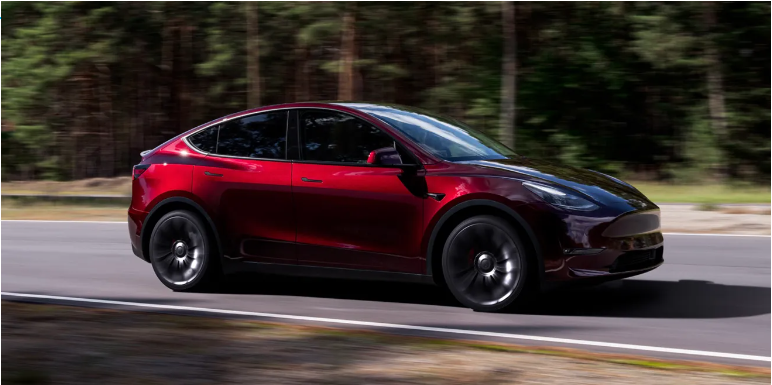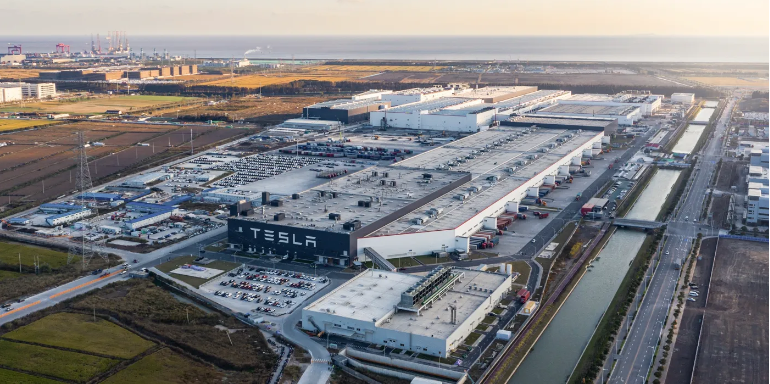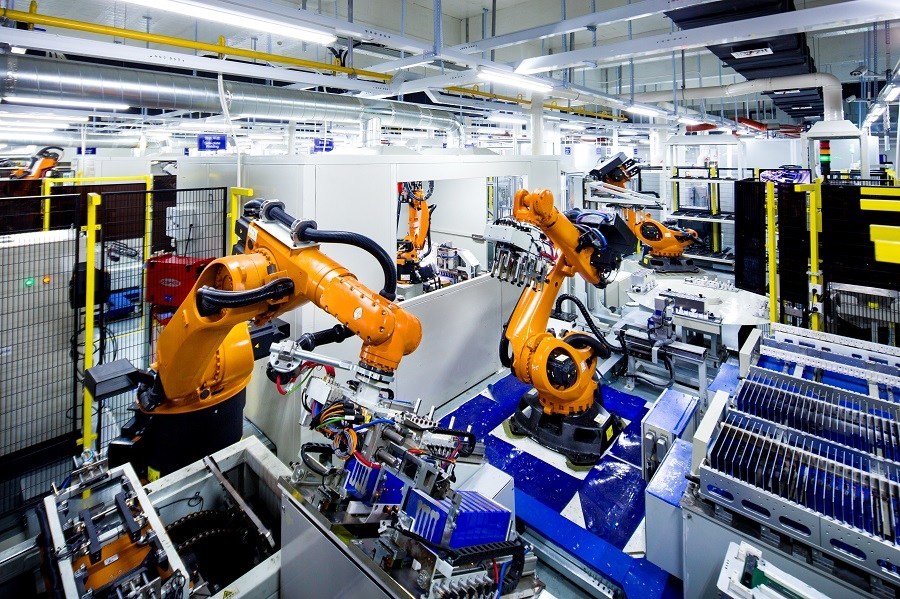 General view of the coal power plant of German LEAG energy company, in Jaenschwalde, Germany, October 21, 2021. Picture taken October 21, 2021. REUTERS/Matthias Rietschel
General view of the coal power plant of German LEAG energy company, in Jaenschwalde, Germany, October 21, 2021. Picture taken October 21, 2021. REUTERS/Matthias Rietschel
Germany's cabinet on Wednesday approved a draft law to phase out coal-fired power plants in the western state of North Rhine-Westphalia by 2030 instead of a previous date of 2038, part of Berlin's efforts to speed up the cutting of greenhouse emissions.
At the same time, the cabinet approved extending the lifespan of two coal-fired plants in the same state as a way of shoring up the country's energy security as it copes with dwindling Russian gas and oil supplies since the war in Ukraine.
Last month, Chancellor Olaf Scholz requested that the economy, finance and environment ministries write into law an agreement to phase out coal by 2030.
The planned phase-out will take place despite Germany's July decision to reactivate coal-fired power plants and to extend the lifespans of those already operating.
Under Wednesday's plan, the Neurath D and E lignite-fired plants, which were supposed to go offline by the end of this year, can run until March 2024 and a decision to extend their lifespan by another year should be made in September 2023.
The two plants, run by RWE , have a combined output of 1.2 gigawatts hours (Gwh), equivalent to one nuclear power plant.
RWE, Germany's largest power producer, said last month it was bringing forward its own coal phase-out by eight years and was ready to end lignite-based electricity generation in 2030.
The company said it would not request additional compensation for moving the phase-out date forward beyond the 2.6 billion euros ($2.57 billion) it was promised under a previous plan.
It was not clear whether the 2038 phase-out date for coal plants in eastern Germany will still apply. Berlin's coalition government had agreed to "ideally" bring forward the overall coal exit in the country to 2030.
($1 = 1.0115 euros)








